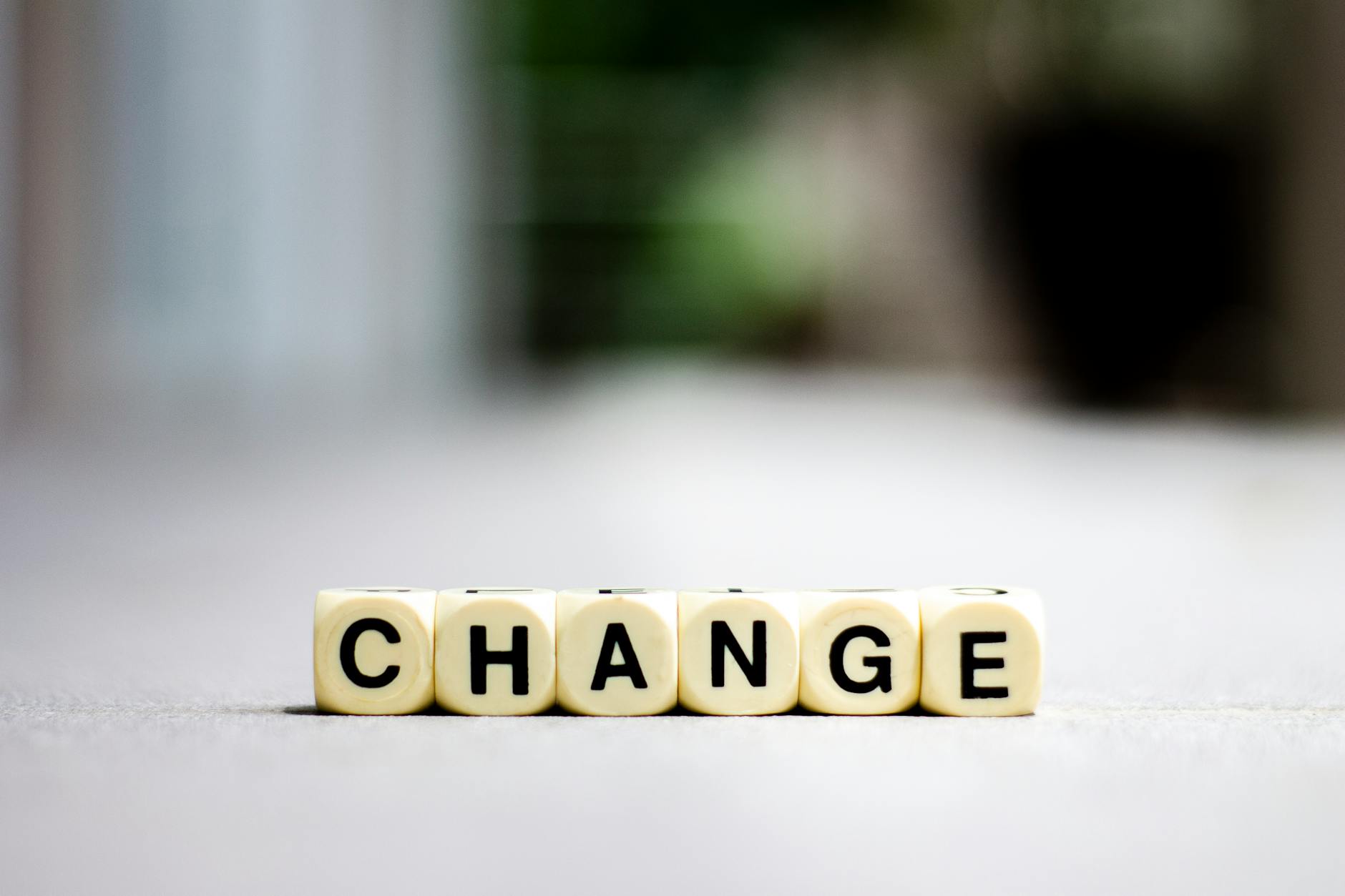It Depends

One of the most unsatisfying answers to a question is “it depends.” Of course it makes perfect sense, but it doesn’t often bring the feeling of closure I’m seeking. When I Googled “it depends” I found this, used to express uncertainty or qualification in answering a question. They offered the example, “It depends. There could … [Read more…]




